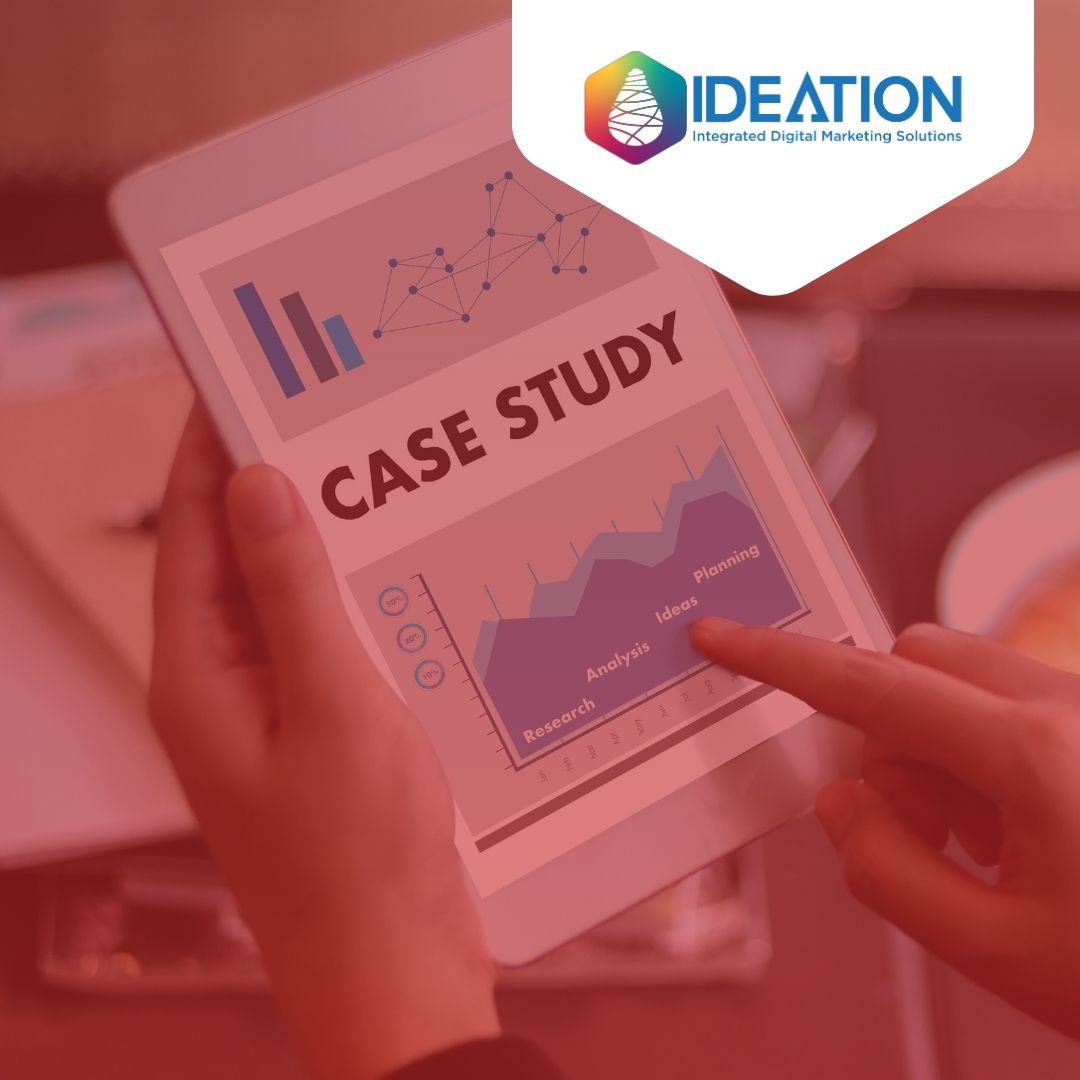Case Study: From Traditional to Digital
1st Jul, 2024

Transforming a Marketing Strategy Online
In the ever-evolving landscape of digital marketing, a global telematics company embarked on a transformative journey to shift from traditional marketing practices to a robust online strategy.
This case study explores their transition, highlighting the challenges faced, solutions implemented, and the impressive results achieved.
Background
This telematics company, renowned for its cutting-edge technology solutions, had long relied on traditional marketing strategies. Their brand strategy, encompassing vision, mission, values, products, services, and business solutions, remained steadfast. However, their marketing approach underwent a dramatic shift, transitioning from conventional methods like golf days and substantial print media expenditures to a predominantly digital focus.
The Shift to Digital
This company, now allocating 80% of its global annual marketing budget to digital channels, started this transitional journey because they were driven by increasing market pressure to embrace digital solutions and the notable success observed in the European market. Their regions that experienced the slowest transition included South Africa, the UAE, and Australia.
The Challenges Faced In Their Digital Marketing Transition
1. Global Website Communication:
The company's website primarily catered to the European market, lacking tailored marketing communications for specific countries. This created a disconnect in addressing region-specific challenges.
Challenge Explanation:
A one-size-fits-all approach in digital marketing can lead to inefficiencies. Different regions have unique market dynamics, cultural nuances, and customer behaviours. A website that does not reflect these differences can alienate potential customers, leading to lower engagement and conversion rates.
2. Insufficient Ad Spend:
The company's ad spend was inadequate to compete effectively in the ad auction, resulting in suboptimal visibility.
Challenge Explanation:
Digital advertising operates on an auction system where companies bid for ad placements. Insufficient ad spend means that a company's ads are less likely to win these auctions, resulting in lower visibility. This can significantly impact brand awareness, traffic, and lead generation, especially in competitive markets.
3. SEO and PPC Integration:
The lack of integration between SEO and PPC strategies hampered the company's ability to maximise their digital presence.
Challenge Explanation:
SEO and PPC are two sides of the same coin in digital marketing. While SEO focuses on organic search rankings, PPC targets paid search results. When these strategies are not integrated, opportunities for maximising online visibility and driving traffic are missed. Integrated strategies ensure a cohesive approach, leveraging data from both to optimise performance and reduce costs.
4. Marketing & Sales Deficiencies:
A notable gap in training for global sales teams was present in handling digital leads and setting reminders for follow-up communications.
Challenge Explanation:
Digital leads differ significantly from traditional ones. They often come from various online sources, each with different levels of engagement and intent. For example, an organic traffic-driven website lead means the consumer is currently in a research phase and that your company is not the only company they have contacted. A social media-generated lead, means the consumer is currently in the consideration phase and they are weighing up the options on doing business with you vs other pre-selected companies. Alternatively, a PPC or Google Ads lead, generally insinuates that the consumer is particularly interested in doing business with you.
Sales teams need to be adept at quickly qualifying and nurturing these leads. Without proper training, leads may not be handled effectively, resulting in lost opportunities. Additionally, automated reminders and follow-ups are crucial in maintaining engagement and moving prospects through the sales funnel.
Solutions Implemented
To address these challenges, the company implemented a comprehensive digital transformation strategy:
-
Integrated Digital Marketing Strategy: An omni-channel approach was adopted, utilising multiple digital marketing platforms to create a cohesive strategy through SEO, SEM, Video content marketing and Paid Social Media Marketing.
-
Region-Specific Sales Funnels: Digital sales funnels & separate landing pages per product were tailored to specific regions, ensuring that online consumers were nurtured through the lead generation funnel without detracting from the global website.
-
Enhanced Content: Both written and video content were improved to address regional issues and demonstrate how the company's solutions could solve these problems.
-
Customer Relationship Management (CRM): Salesforce was introduced to track leads effectively and report on lead-to-sale success accurately.
-
Marketing Automation: Real-time lead absorption into Salesforce was implemented, improving the speed of lead submission and follow-up communication.
Results Achieved by transitioning from Traditional to Digital Marketing
The results of the digital transformation were remarkable:
-
Budget Efficiency:
Despite reallocating a significant portion of the marketing budget to digital channels, the total marketing budget decreased by 30% globally because of improved efficacy.
-
Lead Generation:
An average of 100 leads per region per month was generated, resulting in approximately 800 opportunities from those leads, each month.
-
Cost Reduction:
The shift in consumer buying behaviour led to a 50% reduction in the business's sales force costs, as digital lead generation proved more effective than traditional methods like cold-calling.
-
Real-Time Reporting:
The integration of effective tracking and marketing automation provided real-time, accurate reporting, enabling informed decision-making for future strategy iteration to achieve business goals.
Conclusion
This case study demonstrates the power of a well-executed digital marketing strategy. By addressing region-specific challenges, integrating SEO with PPC, enhancing content, and utilising advanced CRM and marketing automation tools, this global telematics company not only improved lead generation and cost-efficiency but also positioned itself for sustained success in the digital age.
The journey from traditional to digital marketing has proven to be a strategic move that has reshaped their marketing landscape and driven significant business growth.
At Ideation Digital, our Digital Strategists research and forecast:
-
Your overall digital health, through a digital health audit
-
Your competitive landscape
-
Your market - typical customers, target audiences, business objectives and brand strategy
Combining our research with your communicated objectives, we plan and propose an integrated digital marketing strategy, roadmap and digital technology solutions to propel your business forward.
